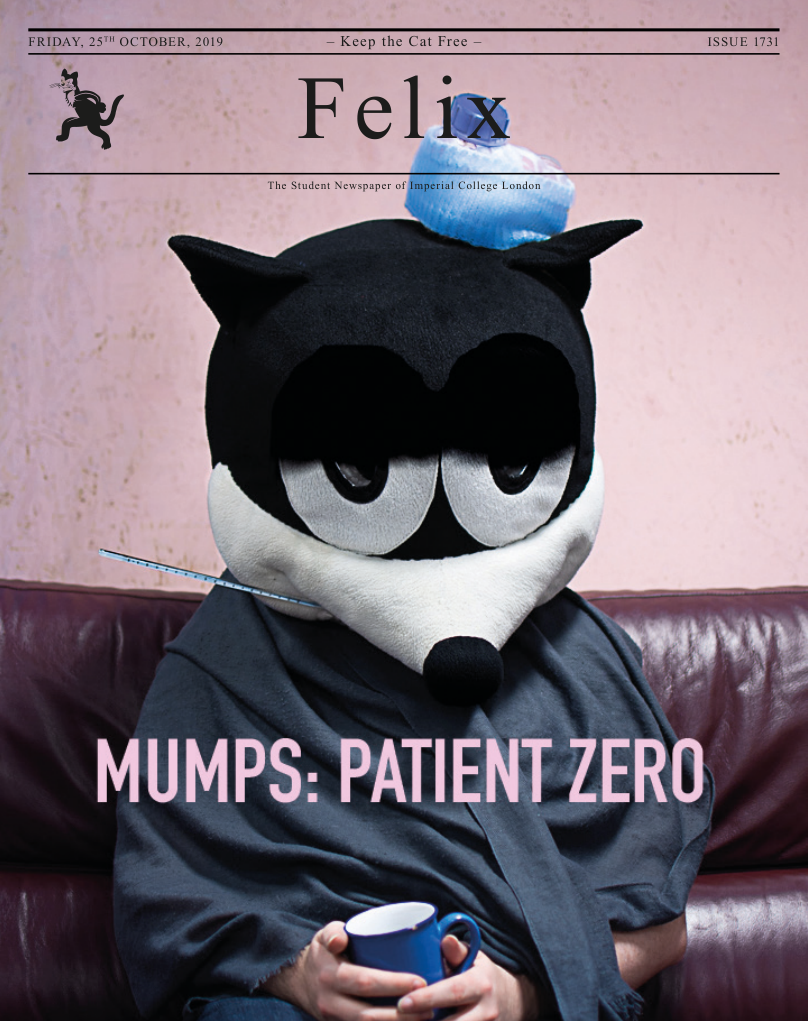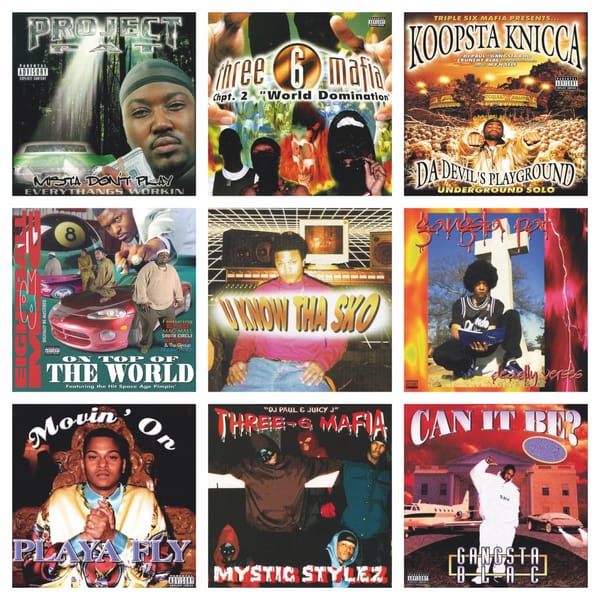50 Years Young – Led Zeppelin II Celebrates Half a Century of Blowing People’s Minds
1969. The year of the moon landing. The middle of the Vietnam war. One band gaining hype from their first album is soon to cement themselves in rock history with their second album: Led Zeppelin II. This week marks its 50th anniversary

Led Zeppelin II was formed out of incessant pressure from their record label Atlantic Records, who wanted to ride on the hype of Led Zeppelin’s first album, Led Zeppelin, released 7 months beforehand in March 1969. The important consequence of this meant that recording occurred throughout the multiple ongoing European and American tours of the first album, and ultimately gave the album an urgent feel. This insistent touring took its toll on production: writing would have to be squeezed in between travelling that morning and performing that evening, often in that night’s hotel room. Recording wasn’t much different, as sessions took place in multiple studios across London, LA, New York, Memphis and ‘the Hut’ in Vancouver, so named because it was poorly equipped but was all that was available for recording. Jimmy Page eventually commented that he was “really fed up of it (the album). I’d just heard it so many times in so many places. I really think I had lost confidence in it.” Impressively, despite the restricted time, Led Zeppelin II highlights the band’s evolving sound, creeping from the blues-inspired first album to a heavier sound that also hints at the more acoustic direction they were to take on subsequent releases.
The album breaks open with the iconic riff of ‘Whole Lotta Love’, a staple of the Led Zepp setlist, complete with a swooning psychedelic middle section lovingly referred to as ‘the freakout’. This was a result of Page and engineer Eddie Kramer “flying around the room…twiddling every knob known to man” which made a “technique” that was extremely innovative for its time. Other effects were unintentional, including a happy accident involving Robert Plant’s faded vocals towards the end of the track, which came about as a take bled into the master vocal tape. Instead of re-recording, Page and Kramer added extra effects to highlight the sound. Plant’s vocals on the entirety of this record have noticeably matured from their previous album, as have his lyrics. The second song ‘What is and What Should Never Be’ on the album highlight this more sophisticated lyrical aspect, such as “And happiness is what you need so bad/girl, the answer lies with you, yeah”. Effects placed on Plant’s vocals and again using the ‘twiddling knobs’ effect from ‘Whole Lotta Love’ combined in an overtly psychedelic noise.
Cracking open with another classic Page riff, ‘The Lemon Song’ swings back to Led Zepp’s blues-inspired roots. Said to have improvised the entire thing, bassist John Paul Jones plays a funked-up bassline, earning the song a medal just for it alone. The song twists and turns, going from its jazzy riff to a Page guitar solo, into a stripped back section to allow the bassline to shine through and finally into an all-out rampage with everyone giving it their all. It’s just an incredible song. After the slap of that, the album settles down next into a matured, lighter sound with ‘Thank You’. This track involved Page playing both 12-string electric and acoustic guitars, and with Jones on an organ this song truly steps back from the classic Led Zepp sound and ushers in the ever-evolving noise they will introduce more of on their next album Led Zeppelin III. Once again Plant outdoes his former self lyrically: “little drops of rain whisper of the pain/tears of loves lost in the days gone by”. By expressing his love for his wife Maureen, Plant gives the song a beautiful poignant feel in true ballad fashion.
Busting out of that lovey nonsense, comes ‘Heartbreaker’, an absolutely iconic Led Zepp song, complete with an infectious Page riff and ostentatious lyrics from Plant. “Hey fellas, have you heard the news?/You know that Annie’s back in town?” instantly brings the listener in as Plant’s confidant, where we find out what Annie has done to Plant: “one thing I do have on my mind, if you can clarify please do/is the way you call me by another man’s name when I’m trying to make love to you”.
Naughty Annie. Plant’s boasting but sad story is overlaid with Jones’ bubbling bassline and intertwined with many showy Page solos (apparently, this song was written so Page could show off his solo skills – go figure). Interestingly, if you listen closely you can hear the difference between guitar tones of Page’s riff and solo – an incontinuity due to recording in a different studio from where the rest was recorded. Heartbreaker flows straight into ‘Living Loving Maid (She’s Just a Woman)’, a classic rock song which paved the way for many more classic rocks songs and majorly influenced the hair metal of the eighties. Whilst still brilliant, this song lacks the energy of Page’s other riffs, perhaps indicating his focus on making intricate and elaborate riffs and solos in other songs on the album. ‘Ramble on’ is an example of the sort of thing Page is focussing on instead; again, the band promote that acoustic noise they will move towards but with it comes the heavy rock element, psychedelic effects and another intense Page riff. If one song were to summarise the album, it would be this one.
‘Moby Dick’ is a break for Plant’s vocals – the instrumental song was added to showcase drummer John Bonham’s abilities and is a writhing, building song which well displays his capabilities. The closing song, ‘Bring it on Home’, starts off with mysterious bluesy harmonica before belting into the typical Led Zepp noise, accentuating the band’s nod to their blues route but ultimately displaying how they have already outgrown themselves in one certain genre. This song seems to be their goodbye to classic blues, before they would shortly be defining their own genres and defying others. In short, happy birthday to one of the most influential rock albums the genre has ever seen.









